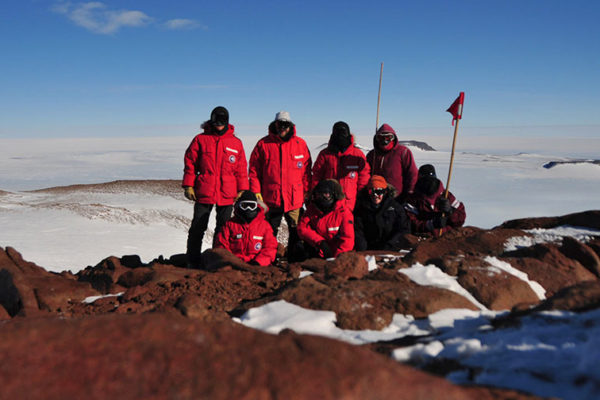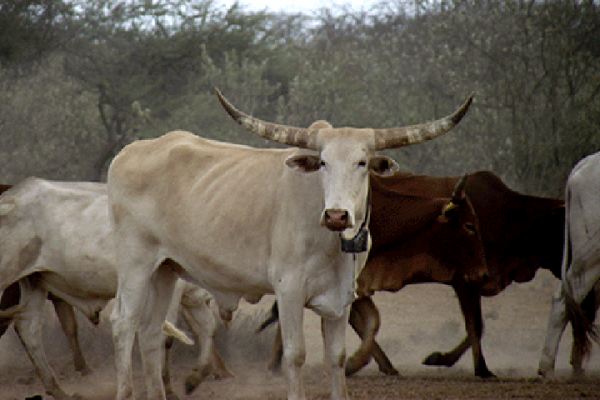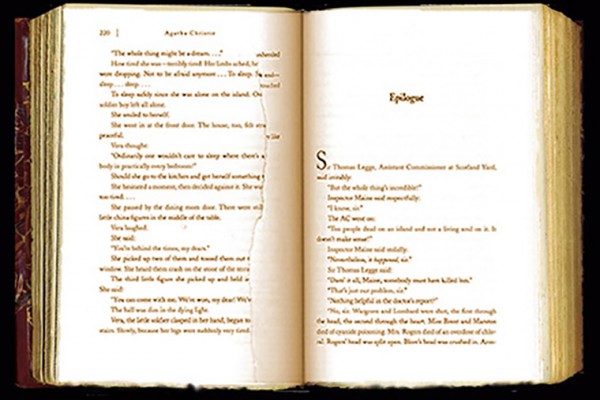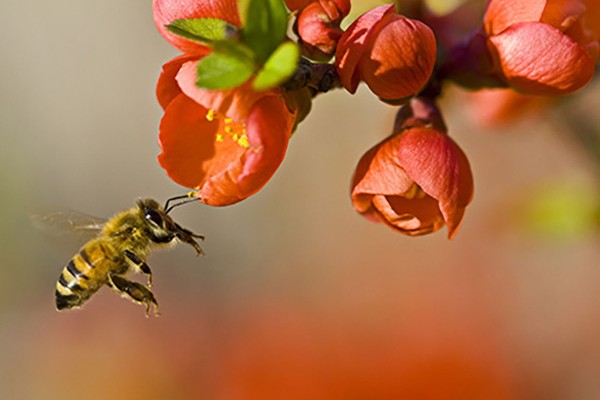More than the potato: Rediscovering Ireland’s rich history of wild plants
Ireland lost 1 million souls to hunger and disease during the potato famine and another million to immigration. But that’s not all, says Peter Wyse Jackson, PhD, president of the Missouri Botanical Garden and the George Engelmann Professor of Botany at Washington University in St. Louis. Ireland also lost its connection to the many plant species that sustained its people throughout the centuries. The ethnobotanist says the study of plants is more important than ever.
Hunting for meteorites
Every austral summer, a group of volunteers heads off to a remote region
of Antarctica to set up a field camp on the ice. For the next month, they search the ice and nearby glacial moraines for dark rocks that might be extraterrestrial in origin. Research scientist Christine Floss describes this year’s trip, which included a record-setting day.
Ancient Africans used ‘no fly zones’ to bring herds south
Isotopic analysis of animal teeth from a 2,000-year-old herding settlement near Lake Victoria in southern Kenya show the area was once home to large grassland corridors — routes that could have been used to dodge tsetse flies and bring domesticated livestock to southern Africa.
In the quantum world, the future affects the past
In the quantum world, the future predicts the past. Playing a guessing game with a superconducting circuit called a qubit, a physicist at Washington University in St. Louis has discovered a way to narrow the odds of correctly guessing the state of a two-state system. By combining
information about the qubit’s evolution after a target time with
information about its evolution up to that time, the lab was able to
narrow the odds from 50-50 to 90-10.
‘Flicker: Your Brain on Movies’
Why do so many of us cry at the movies? Why do we flinch when Rocky Balboa takes a punch? What’s really happening in our brains as we immerse ourselves in the lives being acted out on screen? These are the questions that Washington University in St. Louis neuroscientist Jeffrey M. Zacks, PhD, explores in his new book, “Flicker: Your Brain on Movies.”
Making teeth tough: Beavers show way to improve our enamel
Beavers don’t brush their teeth, and they don’t drink fluoridated water, but a new study reports beavers do have protection against tooth decay built into the chemical structure of their teeth: iron. The research team, which was led by scientists from Northwestern University, included Jill D. Pasteris, PhD, professor of earth and planetary sciences in Arts & Sciences.
Forty-year-old Apollo 17 samples help date lunar impacts
It’s been more than 40 years since astronauts returned
the last Apollo samples from the moon, and since then those samples have
undergone some of the most extensive and comprehensive analysis of any
geological collection. A team of scientists has now
refined the timeline of meteorite impacts on the moon through a
pioneering application of laser microprobe technology to Apollo 17
samples.
Understanding how connections rewire after spinal cord injury
Restoring function after spinal cord injury, which damages the connections that carry messages from the brain to the body and back, depends on forming new connections between the surviving nerve cells. With a five-year, nearly $1.7-million grant from the National Institutes of Health, Shelly Sakiyama-Elbert, PhD, professor of biomedical engineering in the School of Engineering & Applied Science, is using novel methods to study how these nerve cells grow and make new connections to reroute signals that could restore function and movement in people with these debilitating injuries.
Stressed bees die sooner, leading to abrupt collapse of colonies
Pathogens, pesticides and nutritional deficits have previously been identified as stressors linked to colony collapse disorder, but it was a mystery why bee colonies sometimes collapsed so rapidly, leaving bee keepers with an empty hive box. A new study suggests that when a colony is stressed, young bees are forced to become foragers much sooner than they otherwise would and this accelerated development leads to their early death.
To speed up magma, add water
A three-dimensional seismic image of the mantle beneath the
Lau Basin in the South Pacific just published in Nature has an intriguing anomaly. The image showed the least magma where the scientists expected to find the most. After considerable debate, they concluded that magma with a high water content was flushed so rapidly that it wasn’t showing up in the images.
Older Stories




